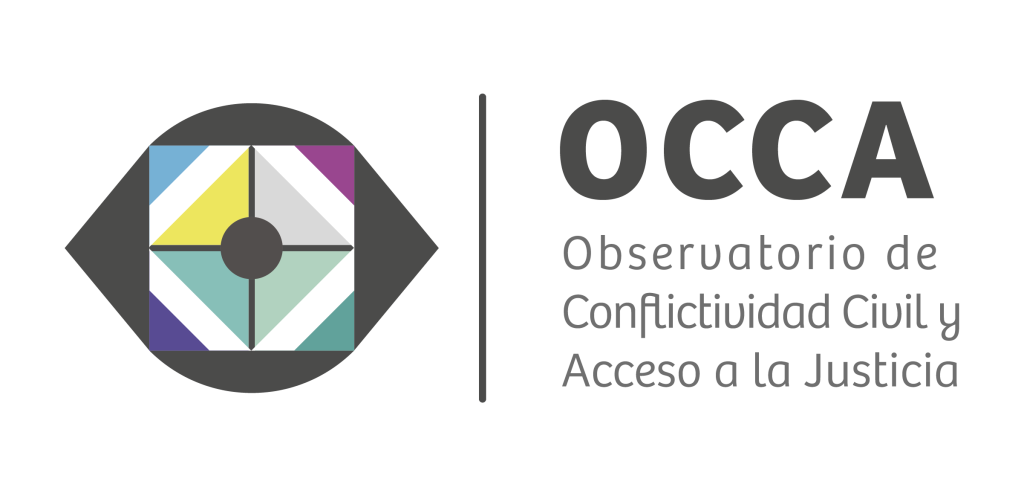Research and Pilot Projects
This initiative, which formally began in 2016, has as its objectives: generating knowledge of the main challenges in civil justice reform; identifying barriers to access to judicial and extra-judicial dispute resolution mechanisms; and providing technical assistance to implement reforms or pilot plans using objective, high quality information. It also includes training activities for future decision-makers in public and private institutions.
Throughout the life of this project, JSCA has implemented over 10 pilot projects involving the development of innovative models in local contexts. These short-term initiatives are designed to improve the models so that they can be applied to the entire proposed judicial space.
The Center also has completed over 20 technical assistance projects for various justice system institutions in countries such as Paraguay, Costa Rica, Argentina, Bolivia, Peru, Chile and Nicaragua.
In this context of creation and dissemination of knowledge, we have drafted over 80 thematic reports thanks to the support of GAC. These publications have been widely distributed throughout Latin America. We also have held 30 seminars to discuss and disseminate knowledge. These events have been attended by over 12,000 people, the great majority of them (68%) women.
In 2018, the JSCA team began its work to generate a draft bill for a General Procedural Code for Chubut, with the aim of advancing in a comprehensive reform to the Civil and Commercial, Family, Labor and Contentious Administrative Justice in this Argentine province.
Conduct research on the practices of the justice system around cases of gender-based violence in the city of Buenos Aires regarding protection measures and alternatives to criminal proceedings 2019.
A technical proposal for an empirical study on the role of local police courts at the national level was prepared at the request of the Ministry of Justice and Human Rights.
We have been receiving statistical information for the design of a new management model and optimization of certain processes.
Delivered final report to the Supreme Court with recommendations for the implementation of the Observatory and methodologies to be used.

